The Chilean forestry sector is experiencing a critical moment due to the prohibitive cost of insuring its assets in a context marked by insecurity and high loss ratios. The situation equally affects property planting and the daily operations of contractors, who have seen insurance policy offerings shrink and their premiums skyrocket by up to 700% in just a few years.
Spokespersons from major industry associations have raised their voices, pointing out that insurance companies are applying rates that do not correspond to market reality and, in practice, make profitable operation impossible. The situation is such that it is pushing companies and small owners to assume risks of total capital loss.
UNVIABLE INSURANCE AND ASSUMPTION OF LOSSES
The Association of Forestry Contractors A.G. (Acoforag) has reported that there is currently a low supply of insurance for specialized machinery.
The entity's manager, René Muñoz Klock, explained that insurance companies, when undertaking this business, face the violence and insecurity that currently prevail in the area. These factors make it complicated for companies to operate or promote insurance, as the risk is permanent.
The increase in policy rates is a direct reflection of this insecurity. Muñoz Klock detailed that, in the last four or five years, insurance premiums for contractors' machinery have increased six to seven times compared to what was charged before. Likewise, the representative of the forestry contractors recounted that the speed with which premium slots are snapped up and the high costs have led companies to not take out insurance.
He added that firms are assuming that their equipment may be burned or destroyed and have calculated that replacing machinery in the face of a random attack entails a lower cost than regularly paying the current values to the insurance pool.
The director illustrated the magnitude of the crisis with a striking figure: if a piece of equipment is valued at $100,000, the annual insurance can cost $70,000. This implies that companies are "betting" that the equipment will not suffer a loss within a year.
INSECURITY AND THE CALL FOR SUPPORT
The Chilean Wood Corporation (Corma) has focused on the protection of forests, a process that has become extremely complex. Insuring a property is very difficult today due to two primary factors: the high cost of premiums and the low level of return offered by this instrument, which limits its effectiveness.
The regional manager of Corma BiobíoÑuble, Margarita Celis, formally requested that the new Fire Law, currently under discussion in Congress, consider specific state support for the period following destructive events. "Today, insuring a forest is very difficult. Therefore, from Corma, we request that the new Fire Law consider state support for the subsequent stage, so that owners, especially small ones, can replant and keep their forestry activity active," stated Celis.
THE IMPACT ON SMEs
The president of PymeMad Biobío, Michel Esquerré, stated that insurance companies are applying a rate that does not adjust to market reality.
Faced with the situation, he suggested that, after the large fires of 2017, there might have been a "stigmatization" of the forestry sector, which translated into rates that are now unpayable. These rates are prohibitive even for large companies and investment funds and are an insurmountable barrier for small and medium-sized enterprises (SMEs) and small and medium-sized owners.
Esquerré emphasized a key point regarding the function of insurance: that it does not act as a deterrent against fires but is an instrument whose sole purpose is to recover the capital invested in the planting process.
From PymeMad's perspective, insurance companies are making a "mistake" by maintaining such high rates, especially considering that the forestry market has broad potential.
It is worth noting that there is currently active coordination between the State, Corma, and large companies to provide protection and ensure that fires do not escalate.
Source:La Tribuna


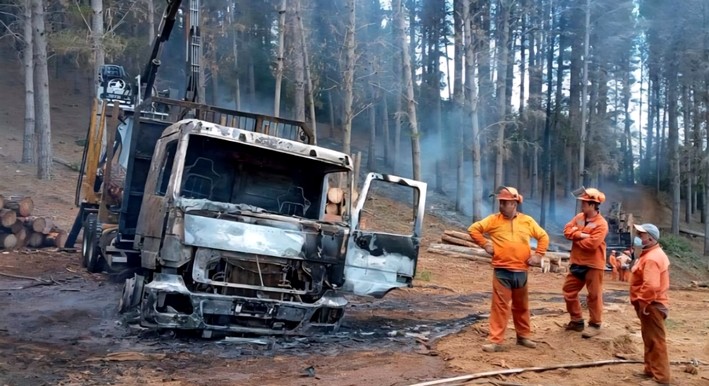
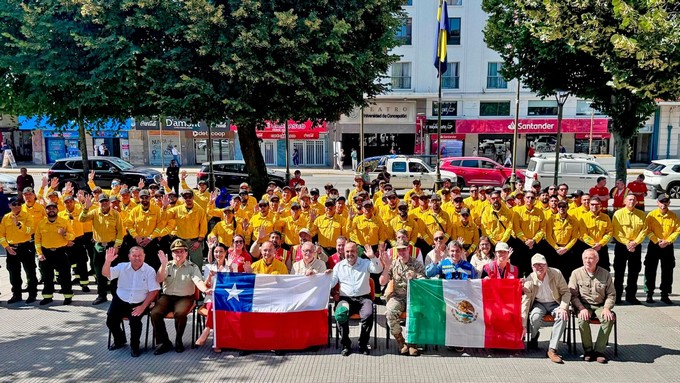
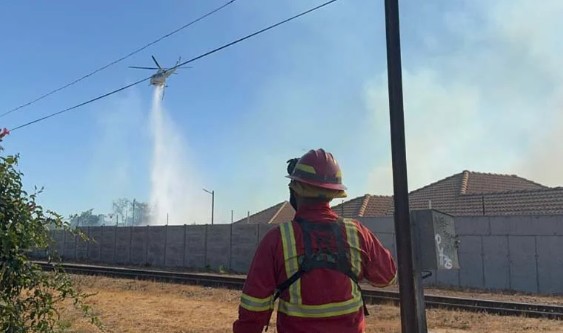
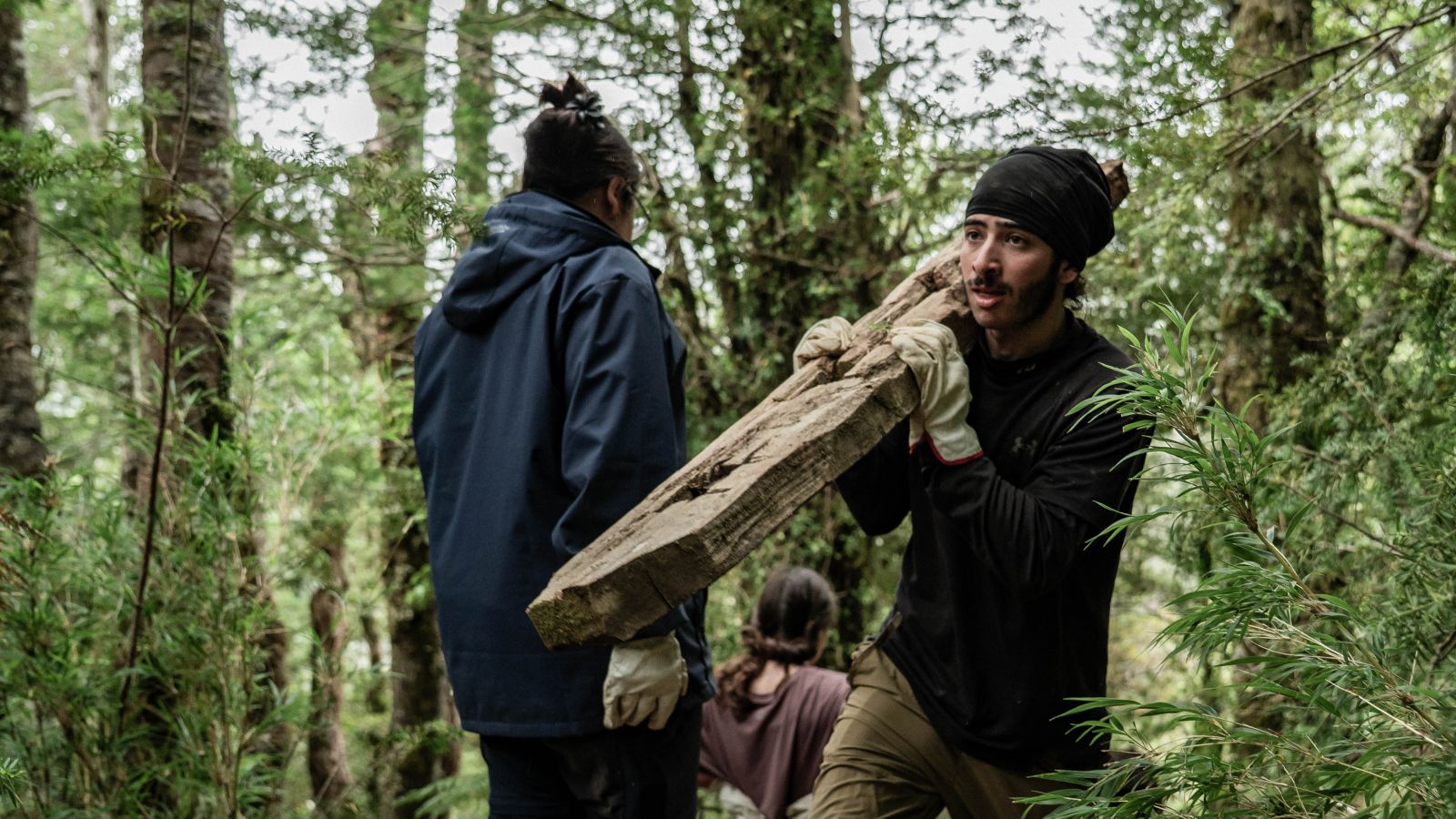
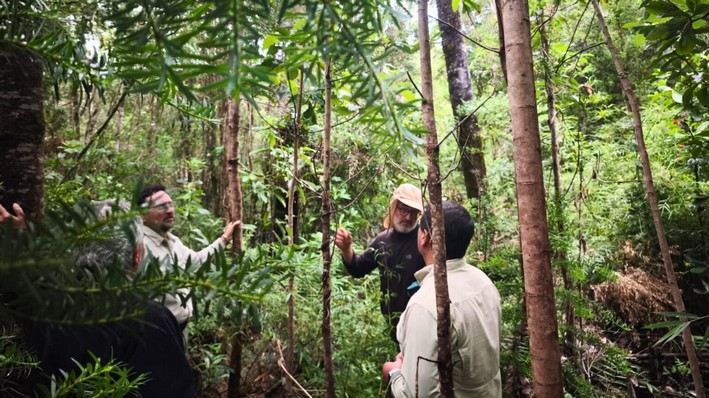
Comments (0)
No comments yet. Be the first to comment!
Leave a comment